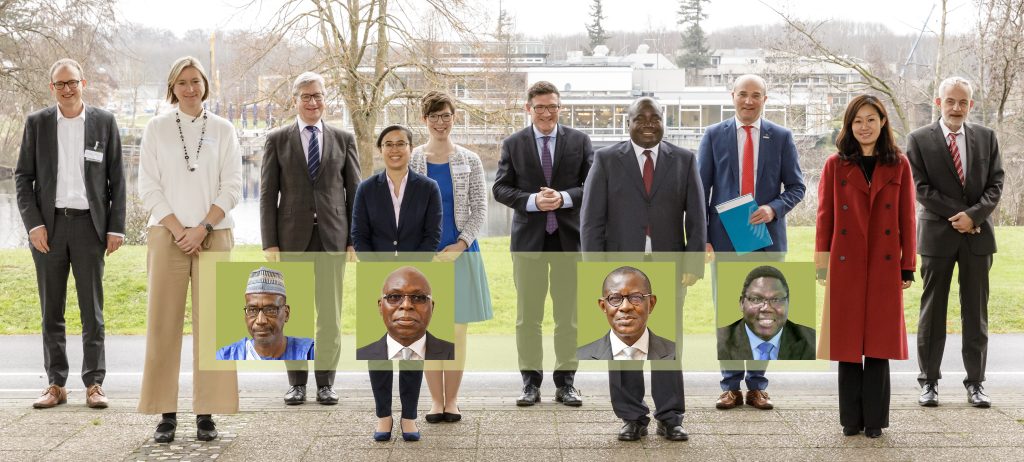
“According to the local electricity supply authority, only 25 percent of the population in Niger has access to electricity. In rural areas, where around 84 percent of the population live, the proportion is only eight percent, ”explains Prof. Dr. Ramchandra Bhandari from the Institute for Technology and Resource Management in the Tropics and Subtropics (ITT) at TH Cologne. In order to promote rural areas in particular, a consortium of African and German universities and private companies is planning to build a solar system as part of a pilot project on the site of a village school in the Dosso region.
The solar system, which is up to 200 square meters in size, will generate between 15 and 20 kilowatts. A groundwater pump with drinking water treatment is to be operated with the electricity generated, which, together with new irrigation concepts, promotes local agriculture. In addition, the local people will have the opportunity to purchase electricity for their companies and to develop new business ideas. Battery rental for villagers, the use of cold stores for agricultural products, charging mobile devices or operating an e-moped as a taxi and delivery service are conceivable. Last but not least, the houses in the village are also to be supplied with energy.
“After the installation, a local entrepreneur manages the solar system. We want to show that power generation not only moves the location forward, but is also a worthwhile business model. If it becomes clear that money can be earned with our concept, it will hopefully motivate investors to set up and operate solar plants elsewhere in the country, ”says Bhandari.
The project partners chose a secondary school as the location, as it exists in the many villages in the country, so that the solar project could be implemented in as many places as possible. “This location also has the advantage that the children come into contact with renewable energies at an early stage and develop an awareness of sustainable thinking. In addition, they are our multipliers in the village community so that as many people as possible hear about the project and develop their own business ideas, ”says Bhandari.
In order to support research activities on renewable energies on site, the project also plans to set up laboratories on hybrid energy systems and green hydrogen at the Abdou Moumouni University of Niamey. These are to be equipped with simulation modules for photovoltaics, wind turbines, battery storage and a specialist library, as well as with a solar-powered alkaline electrolyzer for hydrogen production. The RE-TO-DOSSO project is funded by the Federal Ministry of Education and Research as part of the “CLIENT II – International Partnerships for Sustainable Innovations” measure over a period of three years with a total of 2.6 million euros.
The Institute for Technology and Resource Management in the Tropics and Subtropics of the TH Cologne acts as the consortium leader. Scientific partners are the Center for Development Research of the Rheinische Friedrich-Wilhelms-Universität Bonn, the Institute for Environment and Human Security of the University of the United Nations, the Research Center Jülich, the Technical University of Munich, the Abdou Moumouni University of Niamey (Niger), the Université des Sciences des Techniques et des Technologies de Bamako (Mali) and the Pan African University – Institute for Water and Energy Sciences (Algeria). Industrial partners are Wertsicht GmbH, Yandalux Solar GmbH and Foyer-Tech Pvt. Ltd. (Niger). The project management company Jülich is in charge of the project.
Source: https://www.th-koeln.de/hochschule/solaranlage-fuer-die-lokale-wirtschaft_76314.php

